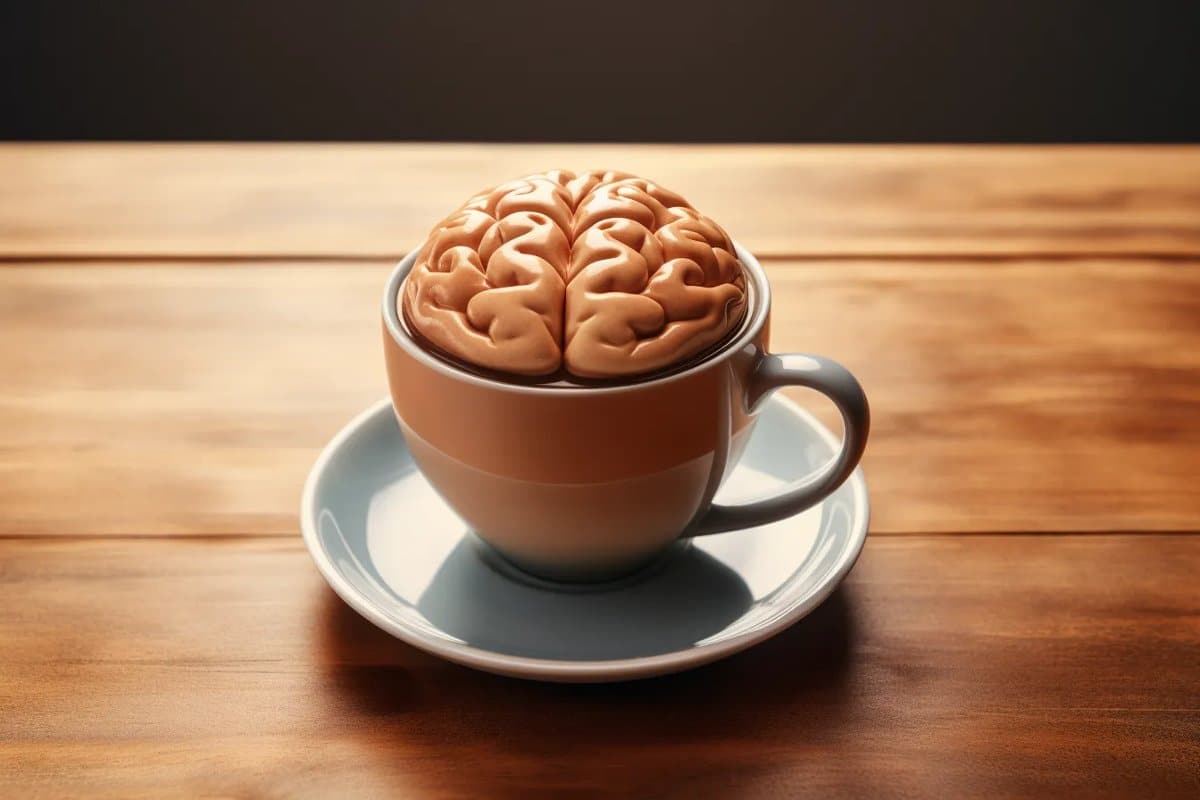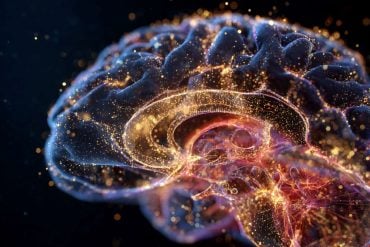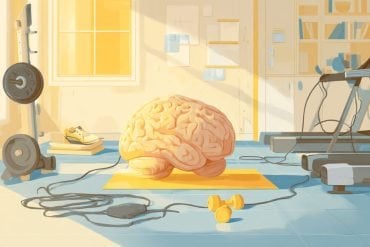Summary: Researchers explore how chronic caffeine consumption potentially impacts brain plasticity and the effectiveness of repetitive transcranial magnetic stimulation (rTMS).
The research indicates that regular caffeine users might experience diminished long-term potentiation (LTP), a crucial process for learning and memory. This reduction in brain plasticity suggests that daily caffeine intake could influence cognitive functions and the success of rTMS treatments.
These preliminary findings underscore the need for more extensive research to understand the broader implications of habitual caffeine use on the brain.
Key Facts:
- Caffeine’s Role in Brain Plasticity: Caffeine, a common stimulant in coffee and tea, acts as an adenosine receptor antagonist in the brain, influencing synaptic strength and plasticity processes such as long-term potentiation (LTP).
- Impact on rTMS Effectiveness: Preliminary studies suggest that chronic caffeine consumption might diminish the brain’s capacity for LTP-like plasticity, potentially impacting the effectiveness of treatments like repetitive transcranial magnetic stimulation (rTMS), which relies on LTP induction.
- Need for Further Research: The current findings are based on a small-scale study and highlight the necessity for larger, well-powered studies to conclusively determine the effects of chronic caffeine use on brain plasticity and learning mechanisms.
Source: Neuroscience News
The widespread consumption of caffeine, primarily through coffee and tea, has made it a staple in the daily routines of millions worldwide. Its stimulating effects are well-known, but recent research is shedding light on how this ubiquitous psychostimulant might be influencing one of the brain’s most critical functions: plasticity.
At the heart of this exploration is the understanding that caffeine functions as a competitive, non-selective adenosine receptor antagonist, particularly targeting the A1 and A2A subtypes.
These receptors are deeply involved in the modulation of long-term potentiation (LTP), which is fundamental to learning and memory formation.
LTP is essentially the strengthening of synapses in response to increased activity, a process crucial for the brain’s ability to adapt and learn.
This topic gains complexity and relevance when we consider the effects of caffeine in the context of repetitive transcranial magnetic stimulation (rTMS).
rTMS is a non-invasive method used in treating various neuropsychiatric disorders and is theorized to work through the induction of LTP. This makes the interaction between caffeine and rTMS particularly significant.
The method uses magnetic fields to induce electrical currents in specific brain regions, aiming to modulate cortical excitability – a reflection of brain plasticity.
What’s intriguing is the observed difference in rTMS-induced motor evoked potentials (MEPs) between chronic caffeine users and non-users. MEPs are a measure of corticomotor excitability and are considered to reflect underlying plasticity processes in the brain.
The studies under consideration have found that MEP facilitation, an indicator of increased brain plasticity, is more pronounced in non-caffeine users compared to their caffeine-consuming counterparts. This suggests that regular intake of caffeine might be dampening the brain’s plasticity response.
However, it’s crucial to approach these findings with caution. The research in this field is still in its early stages, and the studies have limitations, including small sample sizes and the complexity of accurately measuring and controlling caffeine consumption.
Additionally, the effects observed in these studies may not directly translate to the broader population or to different contexts of caffeine use and rTMS application.
Despite these caveats, the preliminary data is compelling enough to warrant further investigation. If chronic caffeine consumption does indeed limit the brain’s plasticity, this could have significant implications not just for individuals using rTMS for therapeutic purposes but also for our understanding of learning and memory processes in general.
It raises questions about the long-term cognitive effects of our daily coffee habits and whether modifying these could enhance our brain’s learning capacity.

The way forward is clear: more comprehensive, well-designed studies are needed to unravel the complex relationship between caffeine, brain plasticity, and learning.
Such research would not only deepen our understanding of these fundamental brain processes but also guide the development of more effective therapeutic strategies for neuropsychiatric conditions.
As we continue to explore this intriguing intersection of neuroscience and daily life, one thing is certain – our morning cup of coffee may be doing more than just waking us up; it could be subtly shaping the very way our brain learns and adapts.
About this neuroplasticity and learning research news
Author: Neuroscience News Communications
Source: Neuroscience News
Contact: Neuroscience News Communications – Neuroscience News
Image: The image is credited to Neuroscience News
Original Research: Open access.
“Chronic caffeine consumption curbs rTMS-induced plasticity” by Megan Vigne et al. Frontiers in Psychiatry
Abstract
Chronic caffeine consumption curbs rTMS-induced plasticity
Background: Caffeine is a widely used psychostimulant. In the brain, caffeine acts as a competitive, non-selective adenosine receptor antagonist of A1 and A2A, both known to modulate long-term potentiation (LTP), the cellular basis of learning and memory. Repetitive transcranial magnetic stimulation (rTMS) is theorized to work through LTP induction and can modulate cortical excitability as measured by motor evoked potentials (MEPs). The acute effects of single caffeine doses diminish rTMS-induced corticomotor plasticity. However, plasticity in chronic daily caffeine users has not been examined.
Method: We conducted a post hoc secondary covariate analysis from two previously published plasticity-inducing pharmaco-rTMS studies combining 10 Hz rTMS and D-cycloserine (DCS) in twenty healthy subjects.
Results: In this hypothesis-generating pilot study, we observed enhanced MEP facilitation in non-caffeine users compared to caffeine users and placebo.
Conclusion: These preliminary data highlight a need to directly test the effects of caffeine in prospective well-powered studies, because in theory, they suggest that chronic caffeine use could limit learning or plasticity, including rTMS effectiveness.







